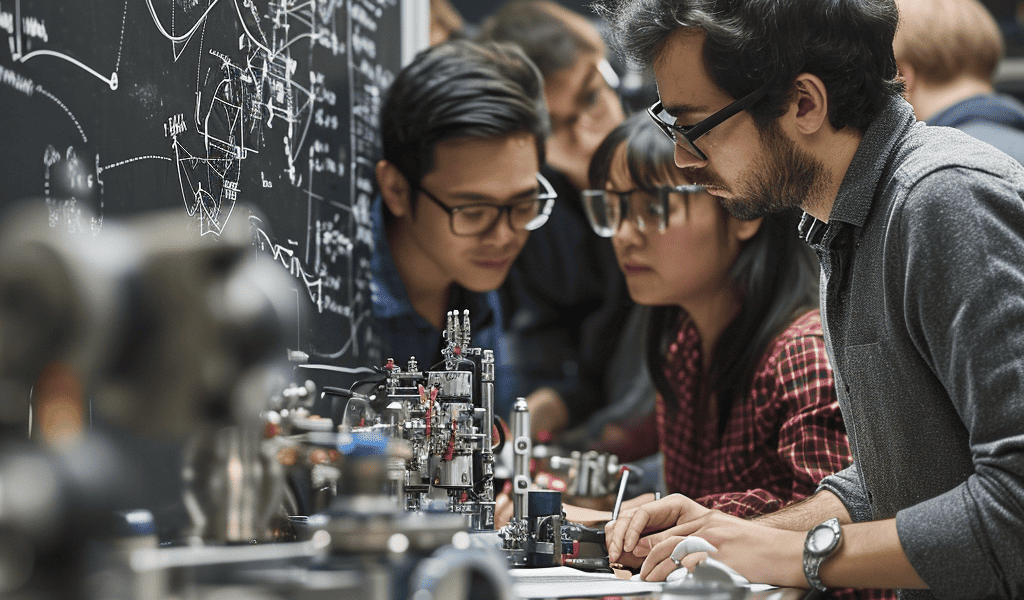Researchers at the Department of Physics at São Paulo State University’s Institute of Geosciences and Exact Sciences (IGCE-UNESP) in Rio Claro, Brazil, have proposed a novel method for maximizing quantum entanglement, a key property in quantum computing. The study, published in Physical Review B, explores the conditions for optimizing entanglement, with potential applications in the development of more efficient quantum computers.
Entanglement, a fundamental concept in quantum physics, occurs when two or more systems interact in a way that their quantum states become interdependent, or entangled. This property is crucial for quantum computing, as greater entanglement leads to improved efficiency in quantum systems.
The research focused on quantifying entanglement and identifying the conditions for its maximization. The study revealed how the Hellmann-Feynman theorem, a fundamental principle in quantum mechanics, breaks down under specific conditions. This theorem describes the relationship between a system’s energy and a control parameter, and is widely used in various fields, from quantum chemistry to particle physics.
Valdeci Mariano de Souza, the last author of the article and a professor at IGCE-UNESP, explained the significance of their proposal, stating, ‘We propose a quantum analog of the Grüneisen parameter, commonly used in thermodynamics, to quantify entanglement in relation to a control parameter, such as a magnetic field or pressure level.’
The researchers demonstrated that entanglement can be maximized near quantum critical points, and that the Hellmann-Feynman theorem breaks down at these critical points. These findings not only contribute to fundamental physics research but also have potential implications for the advancement of quantum computing.
Souza highlighted the rapid progress in quantum computing, driven by recent technological advancements and the limitations of classical computing. While conventional computers process information using binary language, quantum mechanics allows for the superposition of states, significantly enhancing computational power.
The study’s insights could pave the way for the development of more efficient quantum computers, with implications for various fields, including quantum chemistry, materials science, and cryptography. As the race for quantum supremacy intensifies, research efforts like this play a crucial role in advancing the capabilities of quantum computing.





